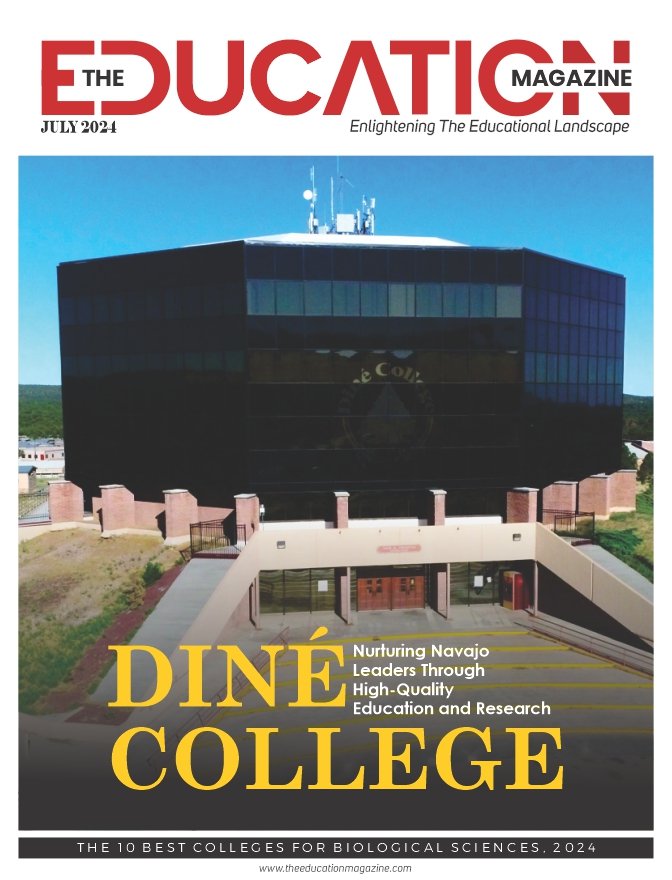Medical school is a significant milestone on the path of becoming a doctor. It’s a period filled with intense academic demands, long hours, and the pressure to excel in a highly competitive environment. While the prospect may be challenging, aspiring medical students can equip themselves with the necessary tools and strategies to thrive in this rigorous academic setting.
Preparing for medical school goes far beyond academic excellence; it involves cultivating a well-rounded skillset that encompasses effective study habits, mental resilience, and a commitment to personal well-being. This comprehensive guide will outline the essential steps to take before embarking on your medical school journey, ensuring that you are well-prepared. Read on for more details:
Lay a Solid Academic Foundation
Academic preparedness is the cornerstone of success in medical school. Excelling in your science GPA by passing science majors, such as biology, chemistry, and physics, demonstrates your aptitude for the scientific principles that underpin medical practice. A strong foundation in these subjects will enable you to grasp complex medical concepts more readily.
Consider taking advanced science courses or engaging in research opportunities to deepen your understanding and demonstrate your commitment to scientific inquiry. Additionally, you can take a gap year and use the time to gain exposure to healthcare settings through volunteering or shadowing can solidify your qualification for med school program and further solidify your chances of getting medical school admissions.

Familiarize yourself with the medical school application process, including the Medical College Admission Test (MCAT) and the American Medical College Application Service (AMCAS). Understand the requirements, deadlines, and expectations to ensure a smooth and successful application.
Master Effective Study Habits

Med school requires a significant investment of time and effort. Developing effective study habits is crucial for managing the vast amount of information you’ll encounter. Time management and organizational skills are essential for balancing academic demands with personal life.
Experiment with different study techniques, such as active recall, spaced repetition, and creating visual aids. Discover which methods work best for you to optimize your learning and retention. Practice self-testing and question generation to gauge your understanding and identify areas that require further review.
Don’t hesitate to seek help when needed. Utilize the resources available to you, including professors, tutors, and study groups during your free time. Collaborating with peers can provide valuable insights, support, and motivation.
Cultivate Mental Resilience
The path to becoming a doctor is not without its challenges. Med schools can be stressful and demanding, requiring a high degree of mental fortitude. Acknowledge the potential stressors you may encounter and develop strategies for coping with them.
Practice mindfulness and stress-reduction techniques, such as meditation, yoga, or deep breathing exercises, to manage stress and maintain mental clarity. Build a strong support network of friends, family, and mentors who can offer encouragement and guidance during difficult times.
Developing healthy coping mechanisms for setbacks and failures is essential. Remember that everyone experiences setbacks, and it’s how you respond to them that matters. Learn from your mistakes, adapt your approach, and persevere.
Prioritize Physical and Mental Well-being
Maintaining physical and mental well-being is paramount for academic success and long-term health care career satisfaction. A healthy body and mind are better equipped to handle the rigors of medical school.
Prioritize a balanced diet rich in fruits, vegetables, and whole grains to provide the energy and nutrients your body needs. Engage in regular exercise, such as walking, running, or swimming, to improve physical fitness and reduce stress.
Additionally, ensure you have enough rest and sleep. Statistics show that only 30% of college students sleep at least eight hours a day, which is the average requirement for young adults. By avoiding sleep, you’ll be sabotaging your physical and mental health. This could lead to burnout and affect your general focus and performance in med school.
Embrace a Growth Mindset
In the face of adversity, a growth mindset can be your greatest asset. View challenges as opportunities for learning and growth, rather than insurmountable obstacles. Focus on progress, not perfection, and celebrate your successes along the way. Remember, every small step forward is a victory.
Learn from your mistakes and view them as valuable lessons. Don’t dwell on past failures; instead, analyze them, extract the key takeaways, and apply those lessons to future endeavors. This ability to adapt and evolve is a hallmark of successful medical professionals.
Stay curious and passionate about medicine. Remember why you embarked on this journey in the first place – to heal, to help, to make a difference in the world. Let that passion fuel your determination and drive your medical career.
Conclusion
Preparing for medical school is an endeavor that requires dedication, perseverance, and a holistic approach to personal well-being. As a medical student, lay a solid academic foundation and follow other strategies discussed in the article. This way you can confidently embark on your journey in the medical career. The path may be challenging, but with the right preparation and mindset, you can achieve your dreams and make a meaningful contribution to the field of medicine.
Also Read: How To Make Medical School Applications Stress Free










